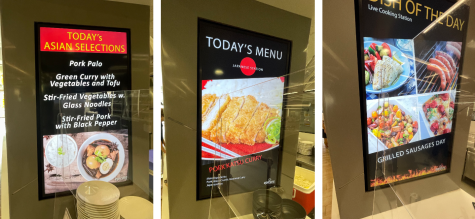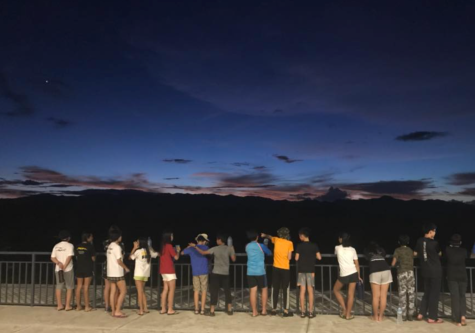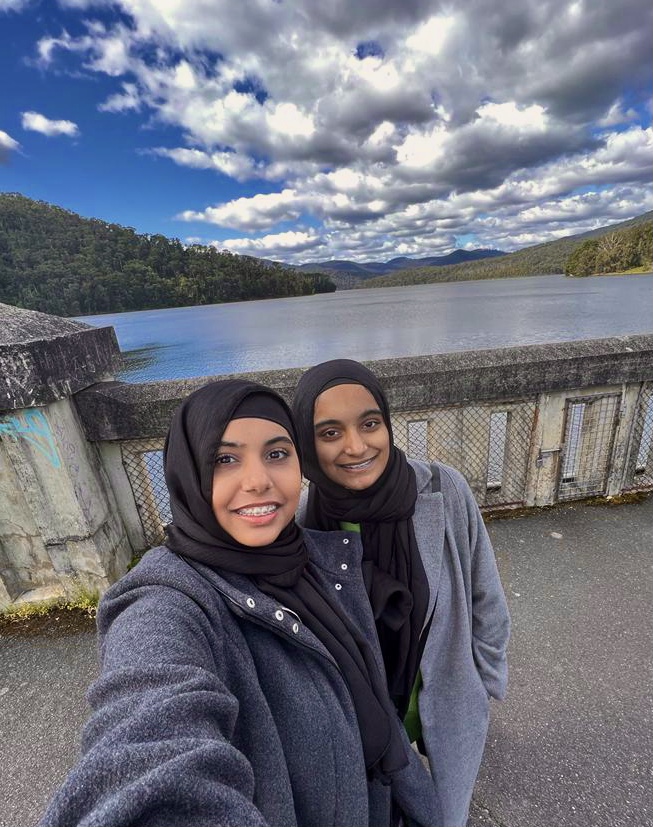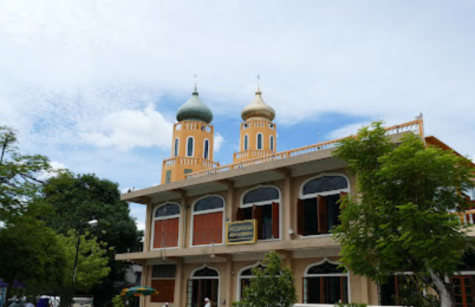Almost a quarter of the inhabitants who roam our planet are practicing Muslims, more than any other single religion. But at ISB, it feels as if Islam is barely practiced. Now, imagine walking down the cafeteria aisle, knowing half the selection is inedible. Knowing that your religious beliefs may be preventing you from delving into the lavish food which lines the stalls. Then, a special month of the year arrives. Eating and drinking must cease until the sun sets. Getting through a day of school seems like an insurmountable mountain to climb, with the seven hours of classes weighing down on your shoulders. Naturally, inherent challenges arise which makes observing Islam an intriguing but challenging feat at this school. So, how does it feel to be a practicing Muslim at ISB?

Being an international school, it can be expected that a thorough understanding of a multitude of cultures can be seen within the student body. However, a lack of understanding still exists. Rumaisa and Humna Ikram have been schooling here since early-elementary and both girls are deeply embedded into the High School experience, partaking in an array of extracurricular activities whilst attending to academic needs. They attend classes, they take electives of their choice, and they hangout with their friends on weekends. But to what extent does the observation of Islam impact their daily lives at ISB?
Both agree that the ISB administration does an accommodating job ensuring that religious observations are met. For example, dietary restrictions are acknowledged on school trips, and discrimination is not blatantly present. However, upon certain occasions, stories arise which portray the barricades which Muslims overcome on occasion at ISB.
The modest covering of the body is often observed by Muslims worldwide, including the wearing of Hijabs. Rumaisa and Humna were asked about their experience dealing with this observation at ISB: “We feel kind of alone,” expressed the girls. “Once we got dress-coded for our long pants,” the girls recounted.
Further instances additionally paint the picture:
“Marshmallows in s’mores,” Rumaisa explains, “Was something we were left out of during school camp visits.” Specifically, on ISB’s own excursion to the wilderness campus up north in Petchaburi. Gelatin, a key ingredient in marshmallows, contains traces of pig scraps, making it inedible for practicing Muslims. “It wasn’t such a big deal. We ate the biscuits with chocolate instead.”


